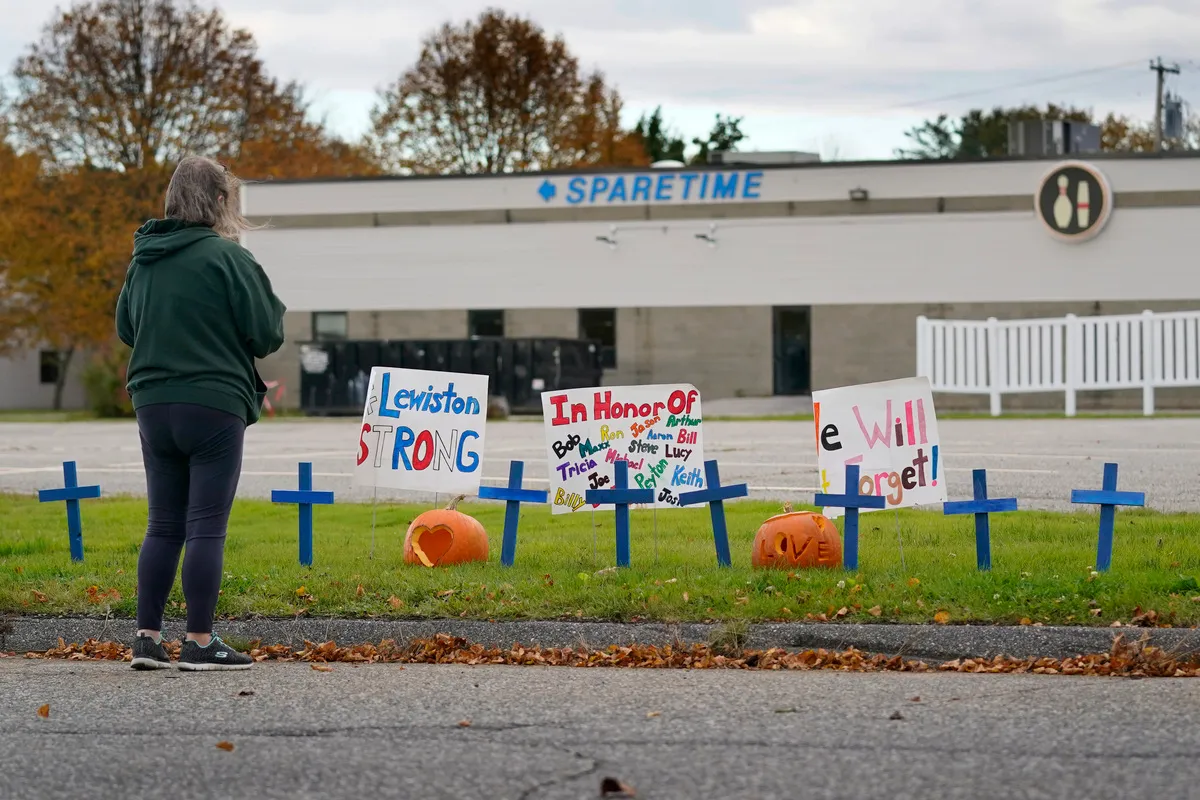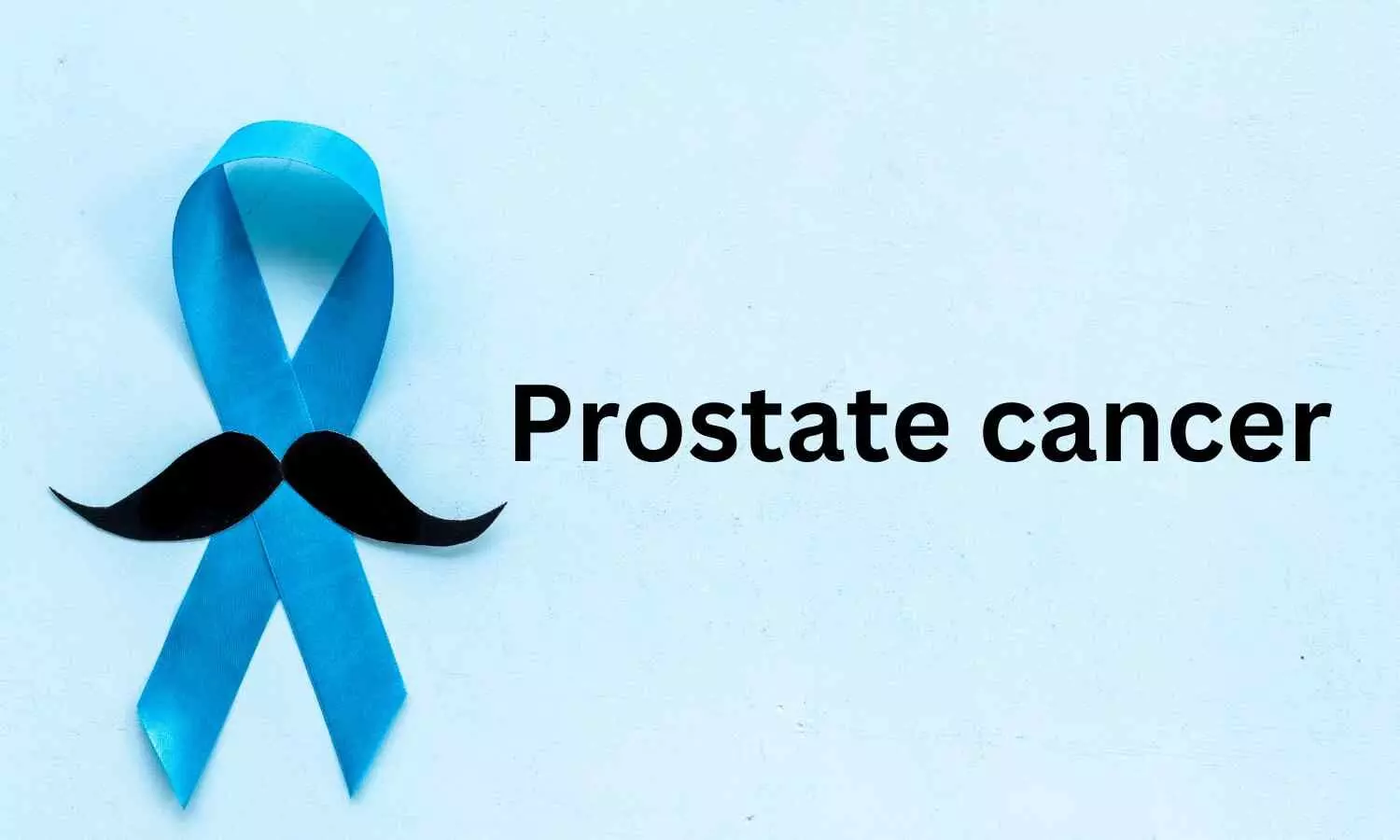
The BDN Opinion section operates independently and does not set news policies or contribute to reporting or editing articles elsewhere in the newspaper or on bangordailynews.com
David Moltz is a psychiatrist with more than 30 years of experience working in Maine in both general psychiatry and addiction. He resides in Portland.
As a retired psychiatrist with 30 years of experience practicing in Maine, I’ve seen many patients in crisis and treated patients with a wide variety of mental health diagnoses.
I’ve also seen firsthand how critical family members are at every stage of the process — from getting a loved one help, sometimes when the loved one doesn’t recognize that something is wrong, to supporting their treatment.
These 30 years of experience lead me to unequivocally support a “yes” vote on Question 2 this November to pass an extreme risk protection order law in Maine, to save lives and help prevent another tragedy like Lewiston.
This would empower families or law enforcement to go directly to a court when a person is in crisis and, if the court finds the person poses a danger to themselves or others, temporarily limit their access to firearms. Maine’s current law — while its title was changed last year to an “extreme risk protection order” — doesn’t work like a true extreme risk protection order nor is it recognized as one by groups like Johns Hopkins or the National Sheriffs Association.
I’ve diagnosed and treated many hundreds of patients with mental illness, so it may come as a surprise that I believe the current requirement of a mental health evaluation in Maine’s current “yellow flag” law is ineffective, a waste of time and a terrible way to determine whether or not someone poses a threat to themselves or others. I’m not the only one — the Maine Association of Psychiatric Physicians, the Behavioural Health Community Collaborative, and the National Alliance on Mental Illness Maine chapter have all endorsed Yes on Question 2.
The single most important determining factor in evaluating whether or not someone is dangerous is simply that: determining whether or not they’re dangerous. Mental illness is not a precursor for violence, nor is a moment of mental crisis a mental health diagnosis. All of us, at some point in our lives, will likely experience a mental health crisis. A spouse’s death, a child’s cancer diagnosis, a job loss with a baby on the way — all of these incidents could push someone into crisis. That doesn’t mean they’re mentally ill. But when a firearm is involved, a moment of crisis can become an irrevocable tragedy.
Maine’s current law gives family members no way to take direct action themselves when a loved one is in crisis and may pose a threat to themselves or others. Right now their only option is to call the police and hope the police take their loved one into custody and force them to undergo a medical evaluation — a prospect that many families may simply want to avoid. This shouldn’t be their only option to get help.
In the case of Lewiston, this glaring gap in Maine’s current law resulted in the death of 18 people. The would-be shooter’s family knew he was dangerous and repeatedly warned law enforcement, but the family had no way to take action themselves. Had this law existed, the family could have asked a judge to take away his weapons and the shooting could have potentially been prevented. An independent commission tasked with investigating the Lewiston tragedy reported that Maine’s current law is weak, inefficient, and cumbersome.
Similar extreme risk protection orders have been used effectively in other states to disarm people who threatened mass shootings, including school shootings. Of particular importance to me as a psychiatrist, they’ve also been proven to reduce suicide, which is the leading cause of gun deaths in Maine. In fact, nearly 90 percent of all gun deaths in our state are suicides.
Laws like this are so critical in reducing suicides because suicide attempts with firearms are, unsurprisingly, far more likely to be lethal than other methods. When someone attempts to take their own life through other means, they have a chance to change their mind, and we have a chance of saving them and getting them the help they need. We rarely have that chance when a firearm is involved.
Someone experiencing a mental health crisis needs access to health care, not easy access to a gun. The forced evaluation in Maine’s current law may seem like an important factor, but it doesn’t make us safer. That’s why multiple state psychiatric and mental health associations have all endorsed passing this life-saving, common-sense law that empowers families.
If in fact we care about mental health then we ought to give Maine families more tools to get their loved ones help, not fewer.
Vote “yes” on Question 2.



